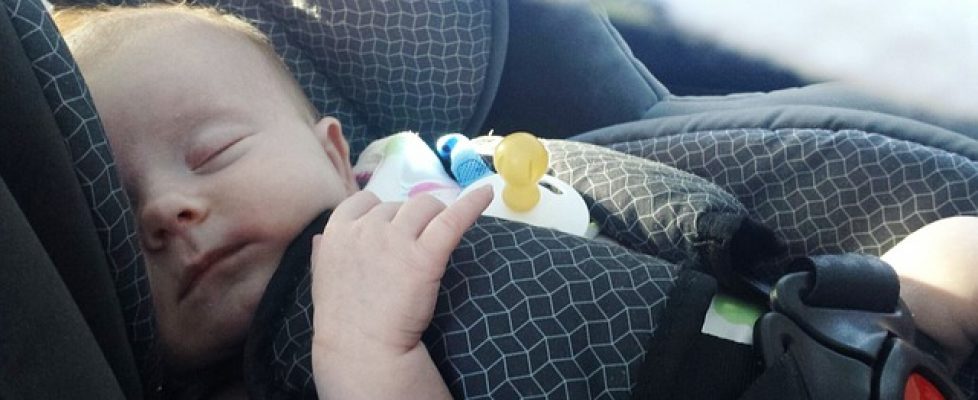Sleep. Is Your Child Getting enough?
Sleep is such an important part of a child’s formative years
Sleeping, or perhaps the lack of sleeping is one of the most widely discussed aspects of baby care. As new parents quickly realize, both the quantity and the quality of their infant’s sleep does affect the well-being of all members of the family.
With that said, sleep challenges won’t necessarily end when your child moves from their crib into a bed. Instead of just crying, it will now be making requests to stay up later or simply just refusing to sleep! Instead of 4 a.m. feeding time, it will be a nightmare waking them or they might be awake looking for water.
So the questions are; how do you get your children to sleep through their crying, wining, and clever tactics to avoid sleep? What if you are awoken during the night? And the important question then; how much sleep is actually enough for your children?
How much sleep is enough?
There is no one size fits all answer to this question. The quantity of sleep required does vary from age to age. There’s no rule as such to say your two year old infant needs a certain amount of hours sleep per night. Children vary, environments vary and there could be a number of reasons that an infant or older child is or isn’t sleeping enough.
Two-year-old Zack might sleep in for eleven hours, while three-year-old Jane might be just as alert the next morning after sleeping for only eight hours.
Sleep is so important to children’s’ well-being. You might think that lack of sleep wouldn’t affect behavior, think again! There is a link between the two but it might no be too obvious, especially to those of you who are new to parenting.
When us adults become tired, we can be irate or just have low energy, but when children get tired and are losing out on sleep, then they can get hyper, disobedient and portray other drastic changes in their behavior.
Below are some examples for younger children, to help you in your own parenting and dealing with sleep issues:
Babies (up to six months old)
The internal clocks of newborns are not yet developed fully. They can sleep up to eighteen hours in a single day, divided equally between the day time and night.
For the first few weeks, it’s important that newborns are woken up every three or four hours until they have a good weight gain. After these initial weeks, it’s ok to let your baby sleep for longer durations (four to fives hours)!
This is because it’s approximately how long a small stomach can go for between each feeding. If your baby gets a good sleep at night, it’s a good idea to nurse or bottle feed them a little more throughout the day time.
The goal
Falling asleep by themselves is the ultimate goal for your baby. They should learn to return to sleep, should they wake during the night.






Temperature. Dealing With Your Child’s Fever.
2017-04-10 by Lin Berch • Parenting • Tags: Child, Fever, Parenting •
They are hot and cold. What to do?
So your child may have not seemed themselves for a while, maybe they are sick but you aren’t sure. Taking their temperature is a good way to check for any rise or fall in temperature away from the normal. It might be that your child has a fever.
Do they appear hot but complain about feeling cold? It’s probably a fever. Below are some pointers on fevers and how to deal with them:
What are fevers?
A fever is what happens when the human body’s temperature is raised above the normal level, by an internal “thermostat”. The brain contains this thermostat in a place called the hypothalamus.
This area of the brain knows the correct usual temperature that your body should be at (approximately 98.6°F/37°C), thus sends messages to your body to maintain the temperature.
The majority of people have slight fluctuations in their body temperature as the day goes on: However, usually it’s typically slightly lower in morning times and a little higher then around evening times. This does vary though as children play, run about and exercise throughout the day.
As a response mechanism, in times of infection, an illness, or other causes, the brain will effectively reset the thermostat. So why does it do this? Medical research suggests that turning up the body’s heat is answer to fighting off germs that may be causing an infection and by changing the germs environment, effectively starving them out.
Though it can be a frightening experience when your child has a high temperature, a fever itself causes no real harm and can actually funnily enough, be a good thing for them because it is often the immune system’s way of fighting off infections.
Some symptoms/signs to look out for
If your child is:
How to deal with fevers
As a start, for careful monitoring and care, keep your child away from childcare or school until their temperature returns to normal for a full day.
Here are some of the ways you can relieve the symptoms of fever:
Important note: If your infant is below 3 months and they have a temperature of at least 100.4°F (38°C) or greater, then you need to seek medical help.
Prevention is better than cure!
In general, fevers are more or less unavoidable. The important point to note is to try to make your child feel as comfortable and give them as much love and attention as possible until their fever passes. If symptoms persist, then seek medical assistance.